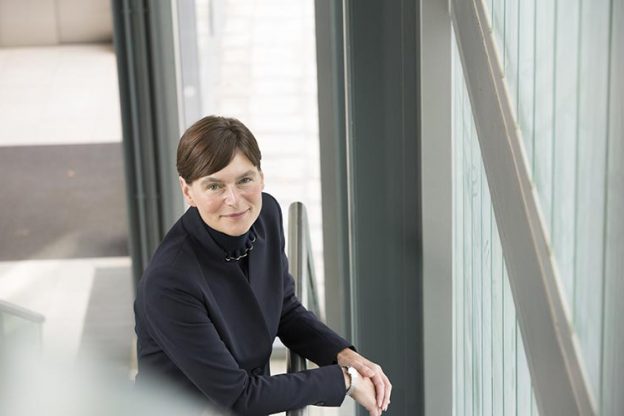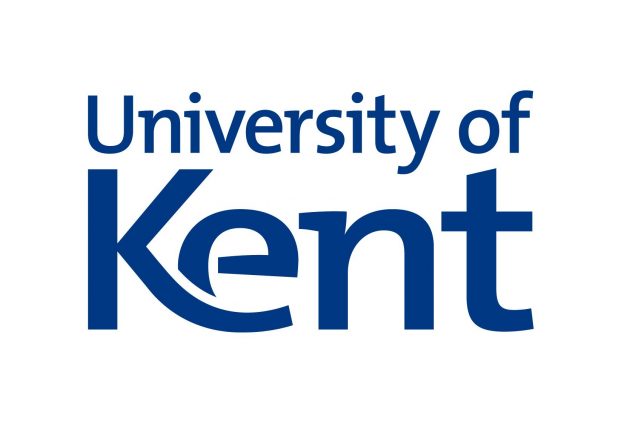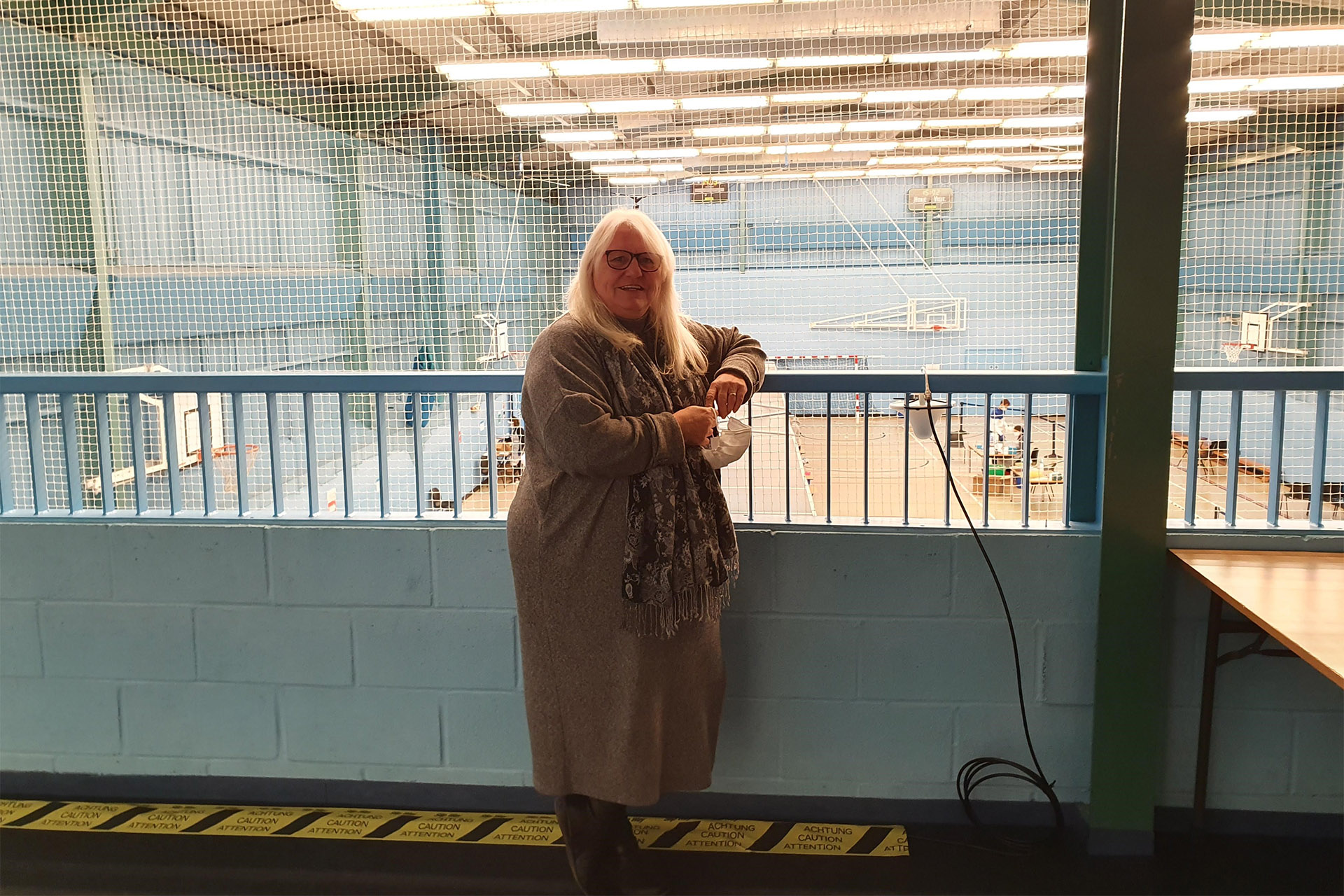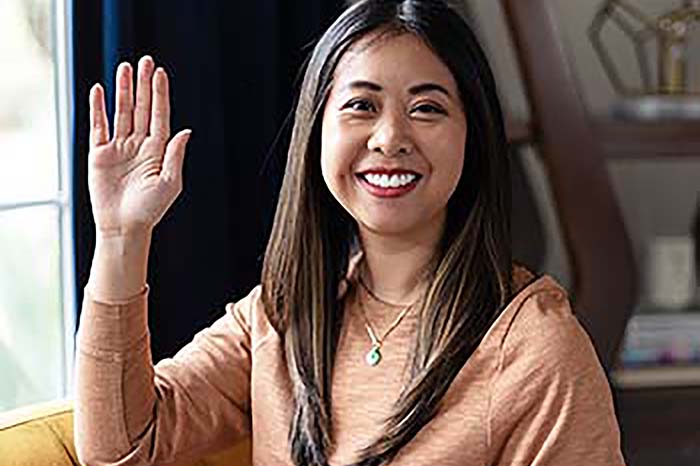When did you join the University of Kent and what did you do before?
I arrived at Kent in May 2011 for a 12-week agency cover, which became a permanent appointment as Housekeeping Manager in January 2012.
I previously worked for the NHS as a Site Coordinator at Sheppey Community Hospital and Sittingbourne Memorial Hospital, responsible for Community Hospital buildings and Fire, Health & Safety, as well as smaller clinical service outlets. I managed reception and office staff as well as portering and domestic teams. I was also a bereavement officer and staff rep for the local units. I loved the diversity but, following a restructure, my role became more about buildings than people. I chose to leave but got bored after three months (!) so joined an agency.
What does your current role(s) involve?
That’s a good question! My main role, as Housekeeping Manager, involves managing a brilliant team of professional cleaners and handy persons who ensure that accommodation is ready for students and maintain it while they’re here. In the summer, we switch over to a hotel-style service. Currently, I am responsible for Park Wood with its 1,938 bedrooms and 355 kitchens. In total across campus, we have something like 4,858 bedrooms and 787 kitchens. I think people would be surprised to know that the team of domestics not only look after the accommodation but also academic buildings– they are a very proud bunch. I have been involved in many accommodation refurbishments, which I love as you can really engage with the students and find out what they want, as well as trying out new colour schemes and ideas.
I am also currently Site Manager for the Asymptomatic Testing Site (ATS) on Canterbury campus. It’s been amazing to help build a new and brilliant team which, in normal circumstances, might never work together. It’s been really good to know we are doing something worthwhile in supporting students and staff to maintain some kind of normality during what has been very trying times.
Last, but not least, is my role with the Joint Staff Negotiating and Consultation Committee (JSNCC). When that first meeting agenda and the volume of papers arrived in my inbox, I couldn’t help but think I was out of my depth! But everyone was so welcoming and taught me little tricks (that will remain secret!) on how to get through it all. The role is about supporting staff and change and being a voice for those who may not always be heard. It’s truly rewarding to know you are in some way making a difference for your colleagues.
Tell us more about who’s who within your team?
There are four Housekeeping Managers, Tracy Rogers, Karen Keen, Lynne Banks and myself, as well as assistant managers who help with day-to-day matters, and supervisors and charge-hands. It’s the domestic team who are very much on the frontline. They are from all over the world and, in better times, we have had some really good cultural days where staff would bring in food representing their culture and we would talk about ‘home’. I love these moments – it reminds me what we represent.
In the ATS, we have worked together as a team since November when we first opened the site. The frontline team are from departments/centres across the University, including Gulbenkian, Sport and Catering. They are now skilled in the testing process and can answer many questions on this. In the beginning, we had some long days, yet they still returned. They choose to be here, which makes them special.
What are your immediate plans/priorities?
Making sure students want to come back to campus when they can and. that when they do, they enjoy it. If that means keeping the ATS going, and having staff available to do the testing, that’s my priority. If that means making sure their accommodation is ready, that becomes my priority. So really, it’s about making sure we are ready for whatever is needed. I work best when I have challenges as I am reactive and love to get stuck in.
Covid-19 permitting (!), what are your interests outside work?
That’s easy, family is the most important thing to me. I have five grandchildren with my two daughters and their partners and, of course, my wonderful husband who puts up with a lot. I just love spending time with them all – even on the bad days, you can always find a bit of fun.
What’s the best advice you’ve ever been given?
My favourite, and one I’ve been known to use, is: “Don’t be telling everyone you’re unhappy, tell the person that can make a difference” A manager gave me that advice in my first volunteering role at the hospital and it has stuck with me ever since.









